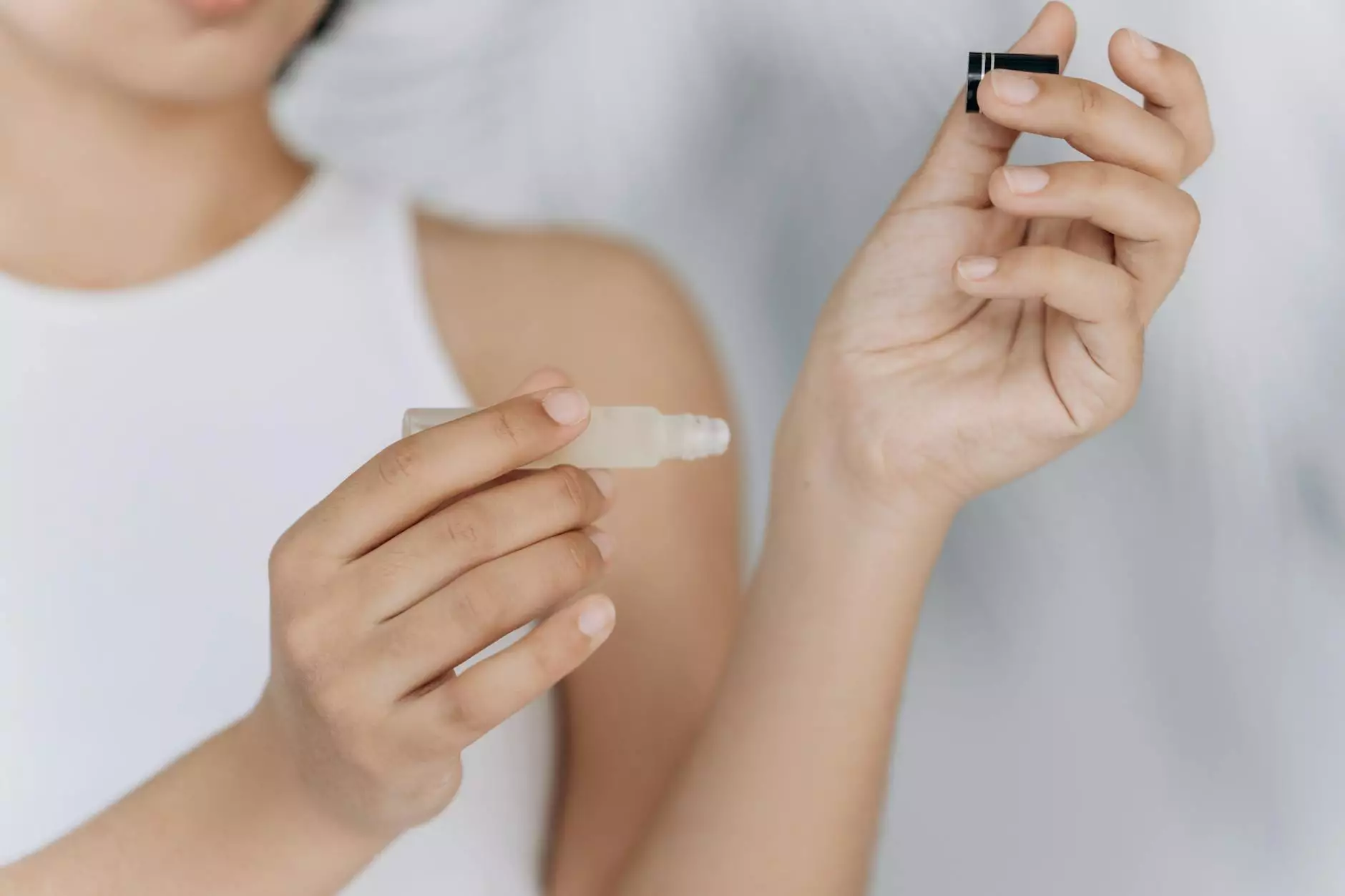Buying Cosmetics: Your Ultimate Guide to Beauty Products

Cosmetics have become an indispensable part of daily life for many individuals. Whether you're a beauty enthusiast or someone who simply wants to enhance their natural features, understanding the nuances of buying cosmetics is essential. With an overwhelming array of choices available, shoppers often find themselves confused. This comprehensive guide will help you navigate the world of cosmetics and empower you with the knowledge to make informed purchasing decisions.
Understanding Types of Cosmetics
Before embarking on your journey of buying cosmetics, it’s vital to understand the various types of products available in the market. Here’s a detailed breakdown:
- Foundation: A base product that helps create an even skin tone. Foundations come in various forms, including liquid, powder, cream, and stick.
- Concealer: This cosmetic is used to cover imperfections, blemishes, and dark circles. It's thicker than foundation and usually applied after the base.
- Eyeliners: Available in pencil, gel, liquid, and felt-tip formats, eyeliners are crucial for defining the eyes and achieving different looks.
- Mascaras: Used to enhance the eyelashes, adding volume and length for a more dramatic effect.
- Eye Shadows: These come in various colors and formulations, allowing for endless creativity in eye makeup.
- Blush: Applied to the cheeks to add color and warmth to the face.
- Lipstick and Lip Gloss: Essential products for enhancing lip color and adding shine. These come in a range of textures, including matte, satin, and glossy finishes.
- Skincare Products: Although not strictly cosmetics, skincare is integral to preparing your skin for makeup application. Products include cleansers, moisturizers, and exfoliants.
The Importance of Choosing the Right Products
Selecting the right cosmetics can significantly impact your overall look and skin health. Here are a few factors to consider:
Skin Type
Understanding your skin type is crucial in buying cosmetics. Different formulations work better for different skin types. For instance:
- Oily Skin: Look for oil-free and matte products to control shine.
- Dry Skin: Hydrating formulas with moisturizing properties are ideal.
- Combination Skin: A mix of products that balance each area is recommended.
- Sensitive Skin: Hypoallergenic and fragrance-free options can reduce irritation.
Shade Matching
Finding the right shade is vital for a natural look. Here are some tips:
- Test foundation shades along your jawline and choose the one that seamlessly blends into your skin.
- Inquire regarding samples at stores to find your perfect match without committing to a full-sized product.
- When purchasing online, refer to user reviews and photos to gauge shades before buying.
How to Buy Cosmetics Wisely
To ensure that you are buying cosmetics wisely, consider the following tips:
Research and Reviews
Online reviews and detailed information about products can help you make better decisions. Websites like awolove.com often provide valuable insights into buying cosmetics. Look for:
- Customer testimonials
- Ingredient lists
- Before-and-after photos
- Professional makeup artist reviews
Shopping Locations
Choosing where to shop can affect your cosmetic-buying experience:
- Department Stores: Offer a wide range of products with the advantage of testers and beauty consultants.
- Specialty Beauty Stores: Focus solely on beauty products, often featuring niche and high-end brands.
- Drugstores: Provide affordable options with reputable brands, perfect for everyday use.
- Online Retailers: Convenient for shopping, often with extensive resources for customer reviews.
Innovative Trends in the Cosmetics Industry
The cosmetics industry is constantly evolving, introducing innovative products and trends. Here are some current trends to keep an eye on:
Sustainable Beauty
As consumers become more environmentally conscious, brands are creating sustainable and ethical products. Look for:
- Eco-friendly packaging: Brands are reducing plastic use, opting for biodegradable and recyclable materials.
- Vegan formulations: These cosmetics are made without any animal products or testing.
- Natural ingredients: Consumers prefer products sourced from nature, free of harmful chemicals.
Personalized Cosmetics
Personalization is a growing trend where brands offer customized products based on individual preferences and skin needs. Options include:
- Custom-blended foundations: Tailored to match individual skin tones and sensitivities.
- Skincare regimens: Personalized plans that consider your skincare concerns.
Understanding Ingredients
Being informed about cosmetic ingredients can enhance your shopping experience. Here are some common terms to understand:
- Parabens: Preservatives often used in cosmetics, which some consumers prefer to avoid due to safety concerns.
- Sulfates: Foaming agents in cleansers; opt for sulfate-free products if you have sensitive skin.
- Fragrance: Can cause irritation; look for fragrance-free options if you have sensitivities.
Budgeting for Cosmetics
Cosmetics can vary widely in price, so it's crucial to set a budget before making purchases. Here’s how:
- Prioritize Essentials: Invest in high-quality foundation and skincare products but consider drugstore options for color cosmetics.
- Seasonal Sales: Take advantage of discounts during holidays or special promotions.
- Subscription Boxes: Consider beauty subscription services that allow you to try new products at a lower cost.
Conclusion
Buying cosmetics doesn't have to be overwhelming. With the knowledge gained from this guide, you can approach the world of beauty with confidence. From understanding the types of products to choosing the right shades and researching prior to purchasing, every step is an opportunity to enhance your beauty experience. Remember to shop wisely, stay informed about industry trends, and embrace your unique beauty. Happy shopping!









